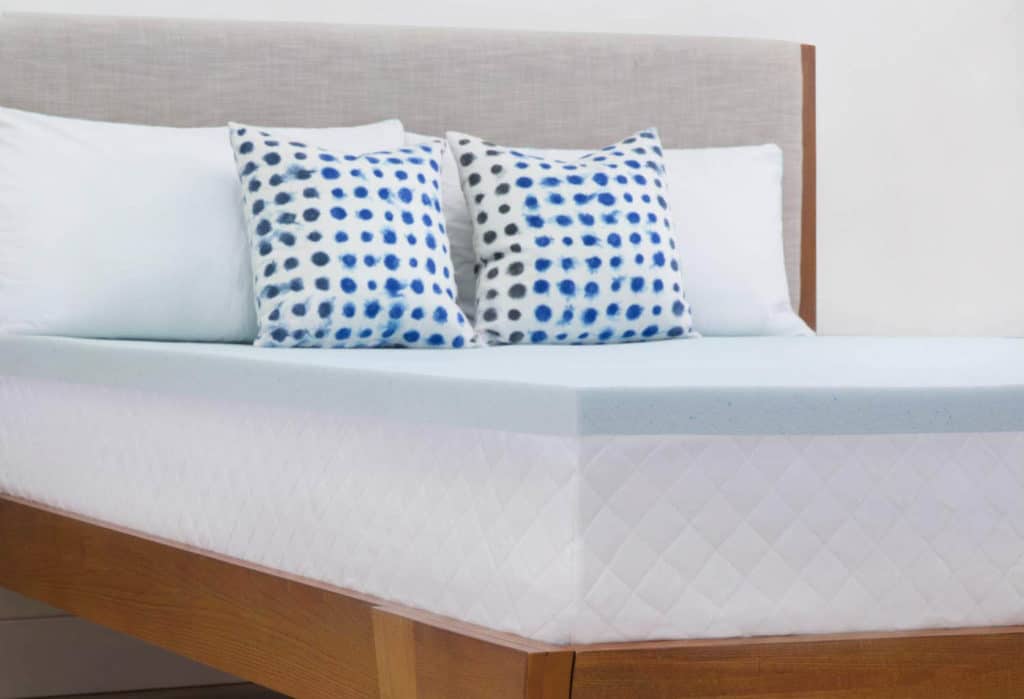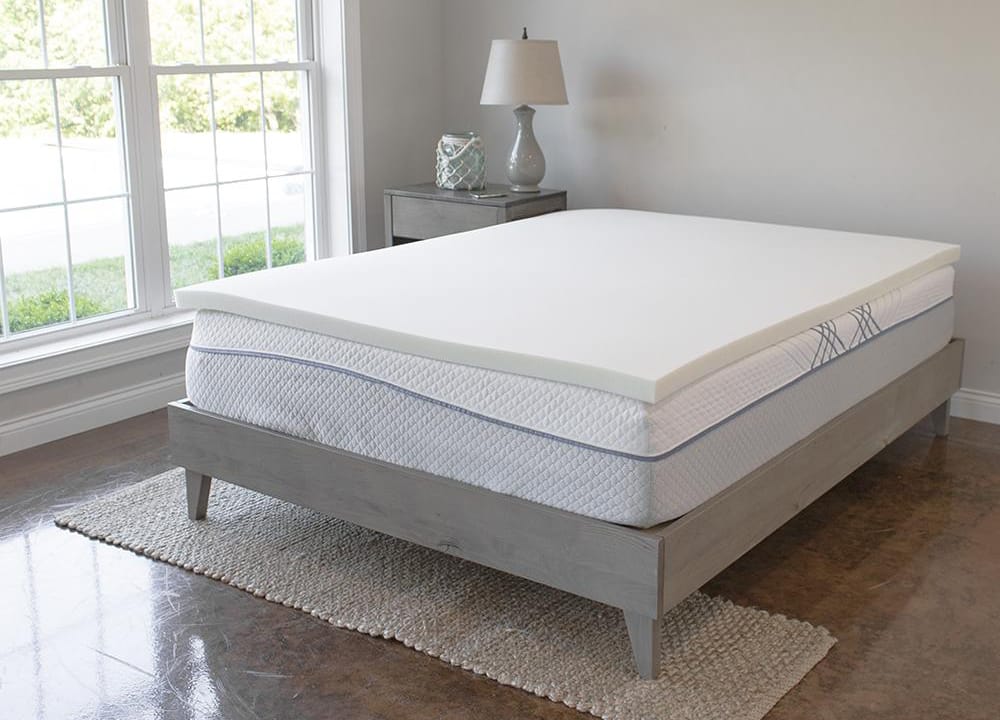Pillows play a crucial role in our sleep routine, providing comfort and support for our heads and necks. However, have you ever wondered if pillows could be causing your headaches? In this article, we will explore the relationship between pillows and headaches, examining the factors that contribute to pillow-related headaches and discussing how choosing the right pillow can help alleviate such discomfort.
Headache Overview
Headaches are a common ailment that can significantly impact our daily lives. They vary in intensity and duration, often causing throbbing pain, tension, or pressure in the head and neck area. Understanding the different types of headaches and their causes is essential to identify if pillows could be a contributing factor.
Types of Headaches
Headaches can be classified into various types, including tension headaches, migraines, and cluster headaches. Each type has its own distinct characteristics, triggers, and treatment approaches. Identifying the specific type of headache you experience can help determine if pillows play a role in their occurrence.
Causes of Headaches
Headaches can be triggered by numerous factors, such as stress, lack of sleep, dehydration, and poor posture. While pillows may not be the sole cause of headaches, they can contribute to the frequency and intensity of these episodes, especially if they do not provide adequate support or alignment during sleep.
Role of Pillows
Pillows serve a crucial purpose in ensuring a good night’s sleep and preventing discomfort during rest. Understanding the importance of proper pillow support and how pillows can affect sleep quality is essential in evaluating their impact on headache occurrence.
Importance of Proper Pillow Support
Proper pillow support is vital for maintaining the natural alignment of the head, neck, and spine. When the head and neck are not properly supported, it can lead to muscle strain and tension, resulting in headaches. Choosing a pillow that provides adequate support based on individual preferences and sleeping positions can help alleviate such issues.
How Pillows Affect Sleep Quality
The quality of sleep is directly influenced by the comfort and support provided by pillows. Inadequate pillow support can lead to restless nights, interrupted sleep, and an increased likelihood of waking up with a headache. Understanding the relationship between pillow comfort and sleep quality can help identify potential connections to headache occurrence.
Pillow-Related Headaches

While pillows are designed to promote comfort, they can also contribute to headaches if certain factors are not considered. Let’s explore some pillow-related issues that could potentially lead to headaches.
Incorrect Pillow Height
Using a pillow with an incorrect height can strain the neck muscles and cause misalignment of the spine, leading to headaches. Pillows that are too high or too low can put undue pressure on the neck, triggering tension headaches or exacerbating existing conditions.
Pillow Allergies
Some people may experience headaches as a result of pillow allergies. Dust mites, mold, and other allergens can accumulate in pillows over time, causing allergic reactions that include headaches. It’s essential to regularly clean and replace pillows to reduce the likelihood of such allergic responses.
Poor Pillow Material
The material used in pillows can also contribute to headaches. Pillows made from low-quality or non-supportive materials may not provide the necessary cushioning or contouring required for optimal comfort and support. This lack of support can lead to muscle tension and discomfort, potentially resulting in headaches.
Choosing the Right Pillow
Selecting the right pillow is crucial for preventing pillow-related headaches and promoting restful sleep. Consider the following factors when choosing a pillow that suits your needs.
Pillow Height and Alignment
Choosing a pillow with the appropriate height and alignment for your sleeping position is essential. Back sleepers may benefit from thinner pillows, while side sleepers might require firmer and higher pillows to maintain proper spinal alignment. Understanding your preferred sleeping position and finding a pillow that complements it can reduce the risk of headaches.
Pillow Material and Allergens
Opt for pillows made from hypoallergenic materials to minimize the risk of allergic reactions. Materials such as memory foam or latex can offer better support and resist allergen buildup compared to traditional feather or down pillows. Regularly washing and airing out pillows can also help reduce allergen levels.
Pillow Comfort and Personal Preference
Comfort plays a significant role in ensuring a good night’s sleep. Experiment with different pillow types, such as memory foam, latex, or adjustable pillows, to find the one that suits your preferences and provides the necessary support. Remember, what works for one person may not work for another, so consider personal preference when selecting a pillow.
Other Strategies for Headache Prevention
In addition to choosing the right pillow, implementing other strategies to prevent headaches is essential for overall well-being. Let’s explore a few approaches that can complement your pillow selection.
Maintaining Good Sleep Hygiene
Establishing healthy sleep habits, such as sticking to a consistent sleep schedule, creating a relaxing bedtime routine, and ensuring a comfortable sleep environment, can help reduce the frequency of headaches. Good sleep hygiene practices can complement the benefits of a supportive pillow.
Stress Management
Stress is a common trigger for headaches. Engaging in stress-reducing activities, such as exercise, meditation, or seeking therapy, can contribute to better overall well-being and reduce the likelihood of stress-induced headaches.
Seeking Medical Advice
If you experience frequent or severe headaches, it is advisable to seek medical advice. A healthcare professional can provide an accurate diagnosis, identify potential underlying causes, and recommend appropriate treatments or lifestyle changes to alleviate headache symptoms.
Conclusion
Pillows can indeed contribute to headaches if not chosen or used correctly. The height, material, and support provided by a pillow can significantly impact sleep quality and the likelihood of waking up with a headache. By selecting a pillow that suits your individual needs, maintaining good sleep hygiene, managing stress, and seeking medical advice when necessary, you can minimize the occurrence of pillow-related headaches and promote better overall well-being.


